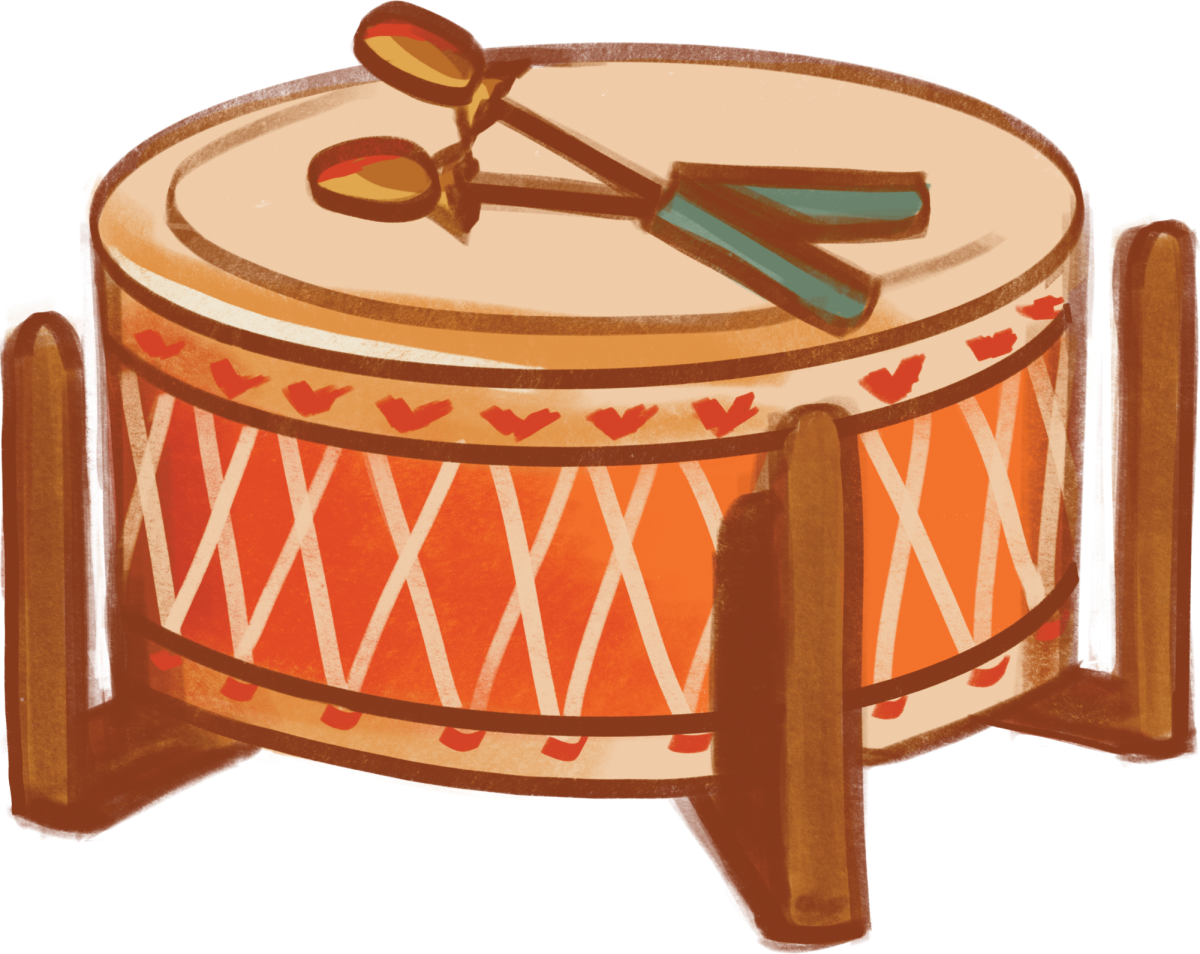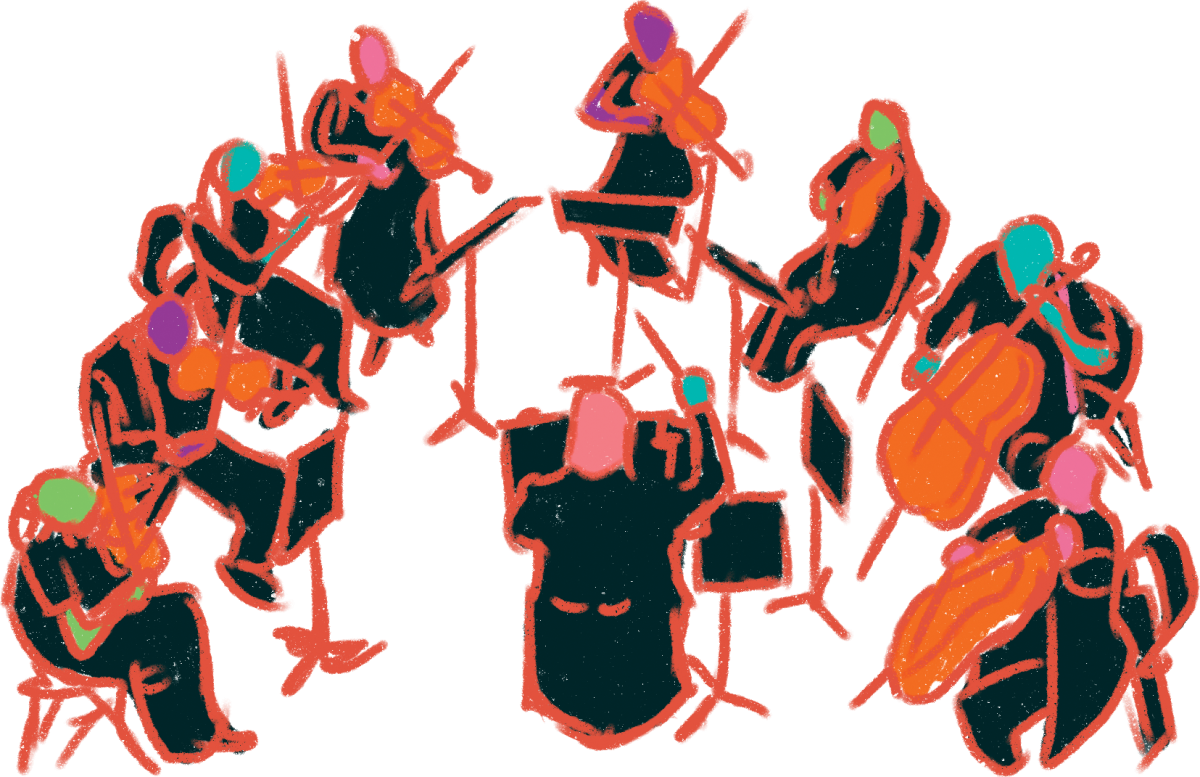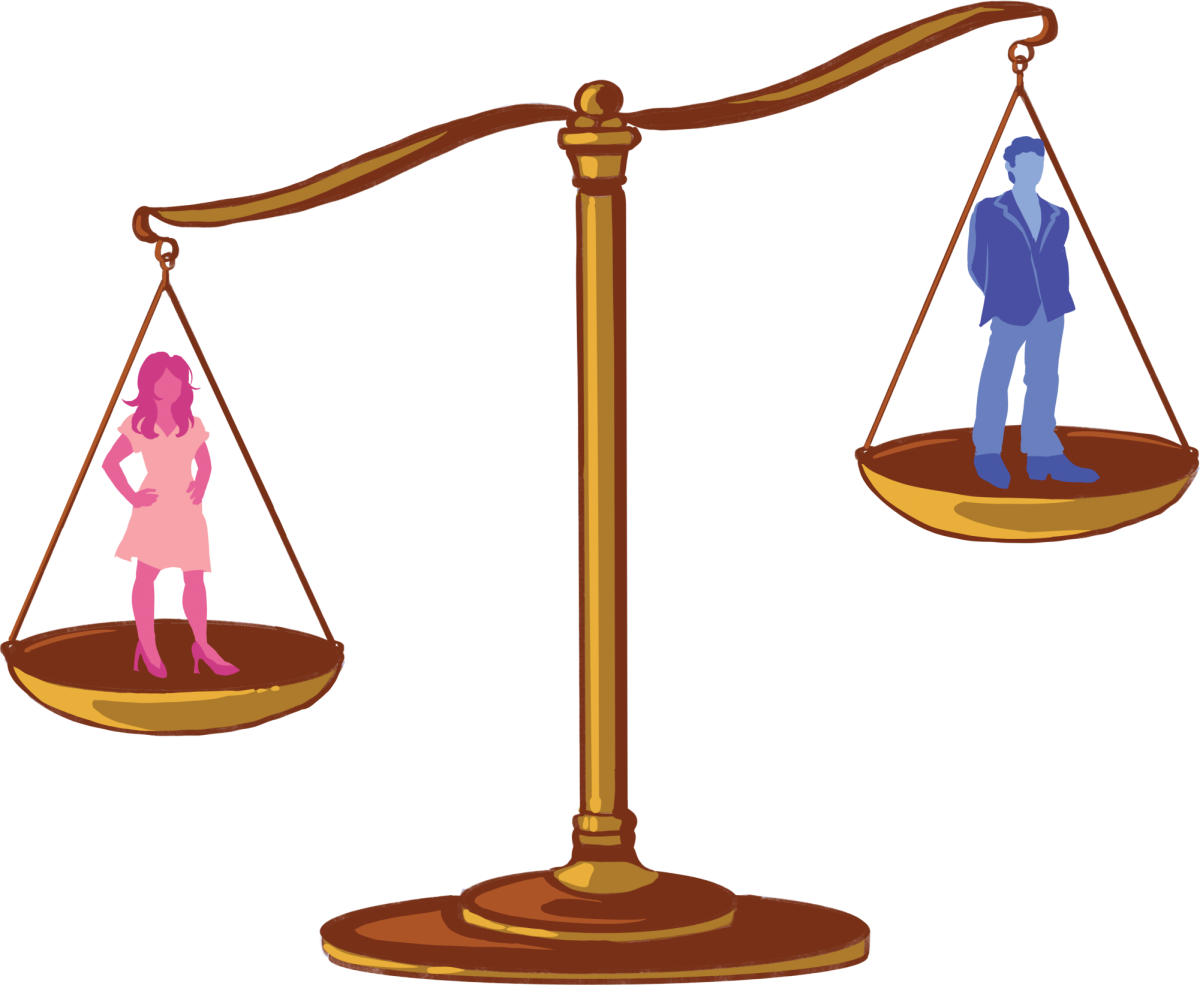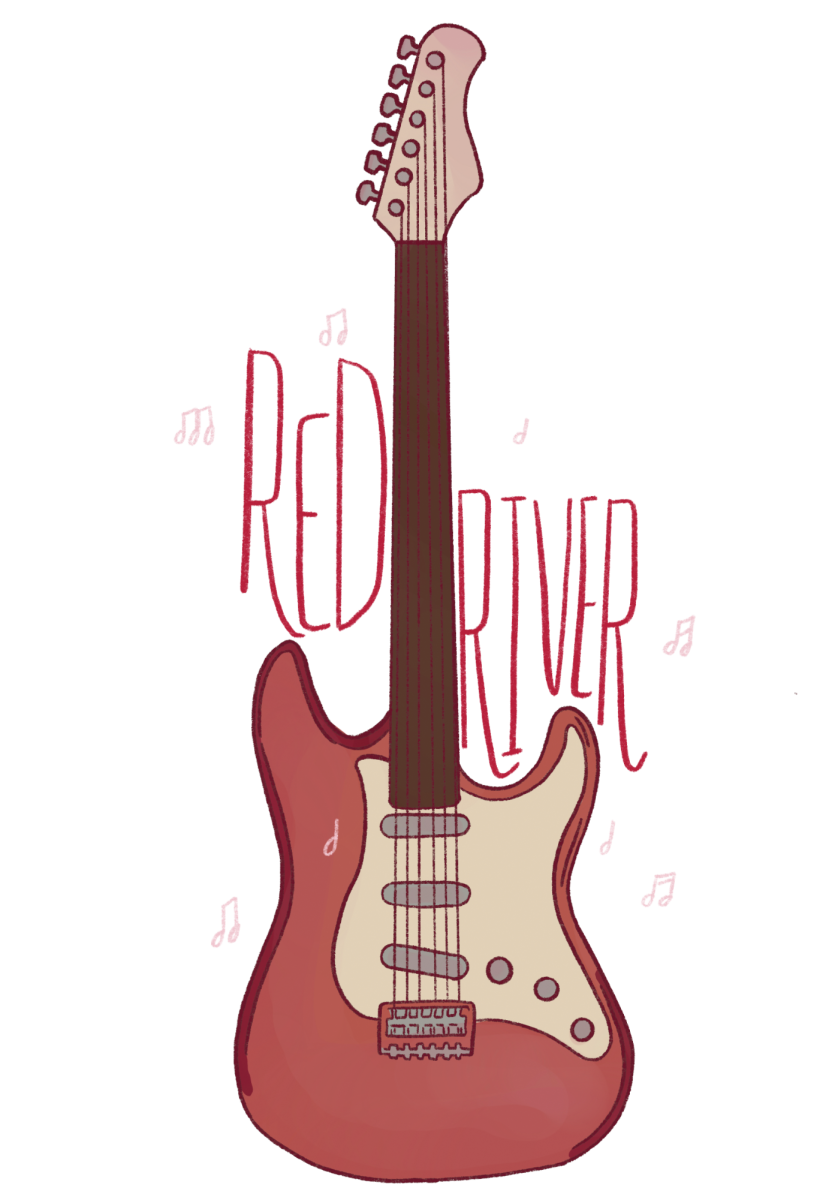Whether it be loud crashing drums or slow smooth violin, music has the ability to blend culture and community into a harmony. Music is used in a variety of different ways across the world, and how it’s used depends entirely on the community crafting it. For centuries, music has been used as a tool to pass down stories, express spirituality, form cultures, and connect communities. Now, in a period of increased connection, it does all of those things on a vastly wider and broader scale.
For DeeDee Austin, an indigenous singer from Nova Scotia, music has played a constant and important role in her life. Time and time again, music has uplifted and strengthened her, connecting her back to the history of the Mi’kmaq, the native people of Nova Scotia.
“From hearing the stories about my great-grandmother and other elders for which they had endured as a child, to growing up with the bare necessities of life and being happy with what we have, I take the stories and lessons I’ve learned, along with the knowledge I hold, and incorporate them into writing songs,” Austin said.
For Austin, music is a way to express a tapestry of the Mi’kmaq nation. The Mi’kmaq people are one of the original people of the Atlantic provinces in Canada, and their native language has recently been established as the first language of Nova Scotia. Through the use of traditional instruments, Austin weaves music that is true to her and her people’s experiences.
“I create music and then I incorporate the grandfather drum … along with the traditional Mi’kmaq Language,” Austin said. “When it comes to my live musical performances, I try to embrace my culture as much as I can using traditional dancers and drummers.”
Austin hopes her music can positively influence the local community. She also uses her platform to spread awareness about her culture, with one of her top songs “Buried Truth” being based on her grandmother’s experience at residential school. The song describes a part of Mi’kmaq history where natives were forced into boarding schools meant to isolate them from their own culture and force them into the culture of their colonizers.
“I utilize my various platforms to share our traditional style of music,” Austin said. “Always embracing our language, following our traditional traditions, such as beading, quillwork, smudging, food from our heritage, and the importance of supporting the community that I come from along with other communities also.”
Felix Pacheco is a local Austin musician. He is a member of the Cilantro Boombox which is a diverse group of singers and songwriters, and according to their website has a sound that “merges elements of Latin, Pan-African, brass bands, and electronic musics in a unique flavor as bold as its namesake.”

“My band … has a couple of Latinos and a couple of black dudes and one of them is Jamaican, the other one grew up in Mississippi,” Pacheco said. “So, it’s always been very easy with my band, and we all listen to each other’s music. There’s also a white dude that grew up in Detroit, he grew up in a mostly Arab community. So even though he’s a white dude from Detroit, he knows Middle Eastern music almost at an academic level. And then the dude up in Mississippi, his parents played in a studio. It’s soul music that’s all him, but he also listens to salsa. I grew up in Latin America, but I was listening to a lot of punk rock metal going into it. I like to say that my band is American, as it makes up the flavors that represent this country, and we should continue to strive to mix cultures.”
Pacheco blends various musical elements from a variety of different genres, creating a composition that showcases cultures from around the world. For Pacheco, one of the most important aspects of cultural music is its ability to connect and share across lines.
“Music has always had crossovers,” Pacheco said. “But when it gets filtered down, and people don’t know where that comes from, that’s when you lose that representation side of things. So, it’s a tough one. Because I’m a personal believer that you always have sort of where you surrender, and this music gets better because of them. But the representation side of things is what I don’t see happening all the time, necessarily.”
Corey Snyder is a teacher and musician at LASA, and he plays the guitar in a gospel band at a local Austin church. Gospel music has a rich history, originating largely from the spiritual, solo, and responsive church singing of the African American South. Now, it takes on a role of connection in churches, providing people with a spiritual outlet. As a gospel musician, Snyder says that all of the music isn’t scripted.
“In gospel music, there is not really a divide between audience and performer—everyone in the room at church helps make the music, which means we must be able to go in whatever direction the congregation goes,” Snyder said. “If someone starts singing an old hymn, the rest of the congregation will join in and it’s the band’s job to play along. Making gospel music is a cooperative effort. That means learning as many songs as possible, joining in with the group, and going where the spirit leads us. The collaborative, improvisational nature of the music means every time we sing the song it is different. It is intense and real and very in-the-moment.”
According to The Smithsonian National Museum of Natural History, music has been around for more than 35,000 years. During this time, it has been a connector of lives, emotions, and communities. This trend is what Austin hopes to continue with her music, and she shares it with the hope others will do the same.
“I see my music as a way to embrace who you are,” Austin said, “and share our culture with the hopes that others will join in, to share it and support each other as well.”





